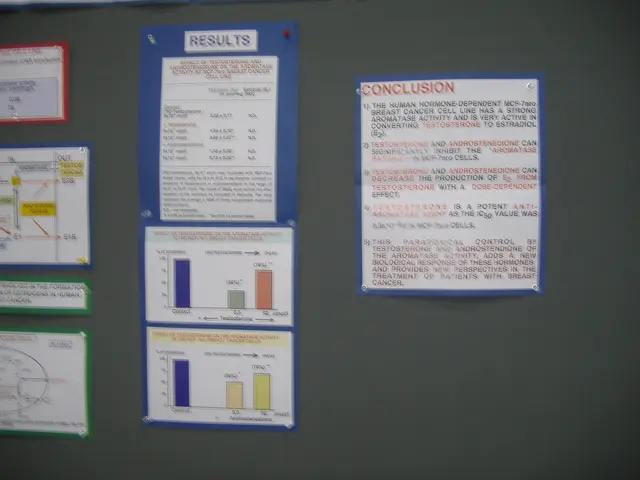Car insurance policies may not cover specific incidents or vehicle parts, which are defined as exclusions. Understanding these exclusions is crucial to avoid potential financial burdens in the event of an accident.
A car insurance policy is a crucial safety net for vehicle owners, providing financial protection against various unforeseen events. However, it's essential to understand that not all damages and losses are covered under these policies. Here's a breakdown of common exclusions in car insurance policies in India.
Firstly, if a driver violates the car manufacturer's guidelines for use, the resulting damage is not covered. This could include using the vehicle for purposes not intended, such as racing or commercial use if not specified, or driving under the influence of alcohol or drugs, which voids coverage.
Moreover, damages caused during war, nuclear attacks, or related hostile activities are not covered. Consequential losses or damages that occur indirectly due to an insured event are also excluded.
Damage due to mechanical or electrical fault is not covered under a motor insurance policy. Similarly, damages arising from illegal activities or use of the vehicle for unlawful purposes are not covered.
If a policyholder pledges his car to someone else, damages incurred while the car is being driven by someone else are not covered. It's also important to note that if the policy has lapsed, and the policyholder has not paid the premium on time, a claim for damage cannot be made.
Damages caused due to normal wear and tear are not typically covered. This includes mechanical failures, wear and tear, or normal aging of vehicle parts. Damages to tyres and tubes are not covered unless incurred due to an accident.
Policy exclusions are often in the fine print and may include jargon that can be difficult for the layman to understand. It's crucial to read the policy wording carefully to understand exact exclusions and ensure you comply with the terms to avoid claim rejection.
Add-on covers such as Zero Depreciation or Engine Protection can enhance coverage but do not override basic exclusions. Deductibles (compulsory or voluntary) are amounts borne by the policyholder before the insurer pays.
Upon rejection of the claim, if the policyholder does not move to court within 12 months, the insurance company will not give the claim at any time later. Engine damage caused due to oil leakage is not covered, and damage caused to a vehicle when driven without a valid driving license is not covered under a motor insurance policy.
In this blog, the focus is on discussing the exclusions in a car insurance policy. Understanding these exclusions can help you make informed decisions and ensure you're adequately protected on the road.
- Understanding the exclusions in a car insurance policy is crucial to ensure that one is adequately protected, as damages due to using the vehicle for unintended purposes, such as racing or commercial use without specification, driving under the influence, or damages caused by mechanical or electrical fault are not covered.
- When making a claim, it's important to note that if the policy has lapsed due to late premium payment, the claim for damage cannot be made, and damages caused due to normal wear and tear or driving without a valid driving license are not covered under a motor insurance policy in India.




